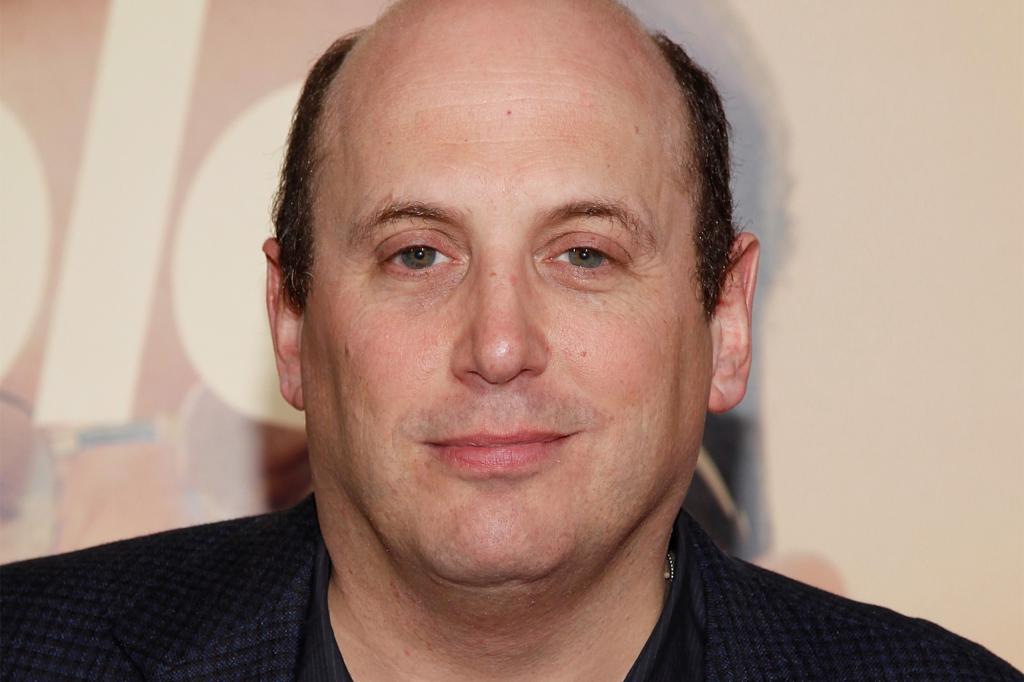Hi everyone!
Is there anyone in the forum that knows about the joint JD/PhD programs?
I'm also wondering how many board certifications is appropriate to have at a time? Rehab, neuro and forensic are all of interest to me, but I realize that's a lot and I should probably pick one or two. Thoughts?
Thanks in advance!
Is there anyone in the forum that knows about the joint JD/PhD programs?
- What does a JD/PhD career look like? What do people pursue when they graduate with the joint degree?
- What are the differences between a forensic neuropsychologist and a JD/PhD psychologist, aside from training?
- Does the JD provide more credibility?
- What does a forensic neuropsychologist do that a JD/PhD cannot and vice versa?
- How does one become a forensic neuropsychologist - do you need a board certification?
I'm also wondering how many board certifications is appropriate to have at a time? Rehab, neuro and forensic are all of interest to me, but I realize that's a lot and I should probably pick one or two. Thoughts?
Thanks in advance!
Last edited:


